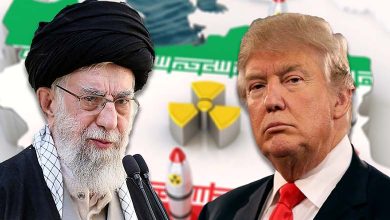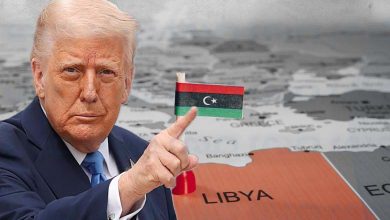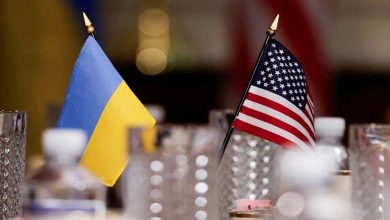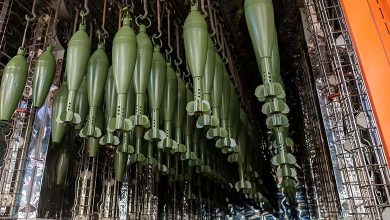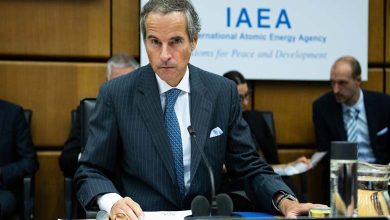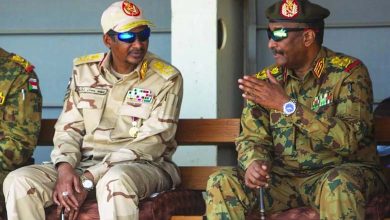Kais Saied’s decree regarding foreign funding of associations… is Ennahdha the biggest loser?
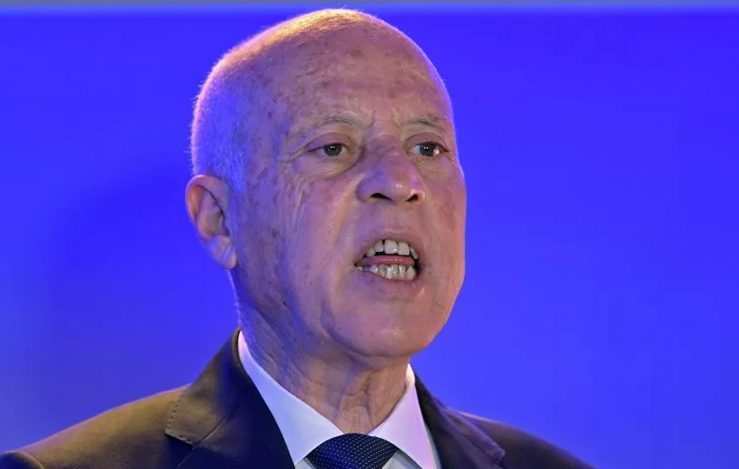
A draft presidential decree announced by Tunisian President Kais Saied to revise the laws on the financing of associations and non-governmental organizations has brought back the issue of funding the Ennahdha Brotherhood movement by states and organizations.
Those supporting the Tunisian president’s decision believe that these associations are nothing more than a cover for financing political parties, and they are the arms of lobbies and foreign countries that want to interfere in the sovereign decision and impose political, social and economic agendas through these associations and civil society organizations.
Speaking with Al Jazeera, Sarhan Al Nasseri, the head of the Coalition for Tunisia, said: The issue of foreign funding of associations is a double-edged sword, he said, adding that some associations have actually shown their affiliation with terrorist financiers and others are linked to Arab and Western loyalties that are working to interfere in the national decision, in a clear reference to the Brotherhood’s Ennahdha Movement.
He stressed that some of these associations have for years provided cover to finance the electoral campaigns of certain parties, since they are legally prohibited from foreign funding. He called for the need to revise the parties’ decree.
Badrah Qaloul, head of the International Center for Security and Military Studies in Tunisia, said: The Tunisian President, speaking about the need to review the law on the financing of associations, wanted to raise the issue of some of the associations established by political parties in order to impose their religious and political orientations, and in order to money laundering and attracting, and there are 100 or 200 associations with suspicious funds from abroad, specifically from the International Organization of the Brotherhood, which pumps huge funds to the associations to commit various crimes.
Qaloul said, “The Brotherhood’s Ennahdha Movement was the party most involved in the exploitation of funds from abroad, which go on the surface to associations and organizations, but in reality is nothing but a cover to hide suspicions and multiple crimes in the field of money laundering, youth travel or committing terrorist acts”.
Commenting on Kais Saied’s new decree, Munir El-Sharafi, a member of the Observatory of State Civil, said in a press statement: The revision of some chapters of Decree No. 88 of 2011, which regulates the Law on Associations, has as its main objective the control of suspicious foreign funds that finance associations linked to terrorism and religious extremism. However, there are many concerns regarding the possible domination of civil societies by the authorities, especially that some paragraphs of the draft law include a reference to the government domination of civil society in general.
Al-Sharafi said: “Many of the revisions in the draft are contrary to the spirit of the Constitution, but monitoring should be based solely on the tracing of suspicious funds, not the new law contributing to the infringement of democracy and constitutional rights”.
Various reports previously revealed that many of the associations in Tunisia have turned into external and hidden branches of political parties, as their activity increases during the election campaigns. Some of them also served as an opportunity for foreign countries to use their own agendas in Tunisia. Previous judicial investigations have proven that associations especially loyal to the Renaissance and Brotherhood movement in Tunisia were involved in the bombings and sending young people to hotbeds of tension in the world since 2011.
Kais Saied had said he would ban any foreign funding to civil society organizations as part of his efforts to reshape the country’s political landscape, which many saw as a crushing blow to political parties that have been affected by dubious financial supplies from abroad, including Ennahdha.
In a meeting with cabinet members, Saied said: “NGOs must be banned from external funding, and we will do that, they are ostensibly associations but they are extensions of outside powers, we will not allow money to come from abroad to tamper with the country, and there is no room for anyone to interfere in our choices under any pressure or influence”.
The new draft decree, which is expected to be published soon, states that associations cannot receive aid, donations and donations from foreign countries that do not have diplomatic relations with Tunisia, and they are also required to obtain a license from the Financial Analysis Committee before receiving any foreign funding.
The bill provides for a new formula for dissolving associations, which is an automated solution by a decision issued by the government-run Department of Associations. This formula is added to the judicial ruling for dissolving them.
The Tunisian President’s statements on the need to change the laws of associations and non-governmental organizations to confirm the suspicions that follow a significant number of civil associations active under the cover of politics, as official figures in Tunisia indicate that since 2011, there has been a clear leap in the number of associations, which exceeded 24 000 this year, active in various sectors; social, political, human rights, cultural, health, religious and other structures, most of which are funded by foreign entities.



